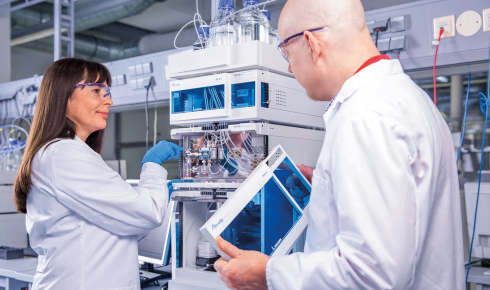Why Industry Case Studies Matter in Advancing Laboratory Science
Scientific progress often comes from a combination of rigorous research, innovative tools, and the willingness to share real-world applications. In modern analytical laboratories, case studies have become a powerful way to bridge the gap between theory and practice. They provide professionals with detailed examples of how methods perform under actual testing conditions, which can be invaluable when accuracy and compliance are at stake.
From Methods to Meaningful Insights
While standardized methods such as those developed by the EPA or AOAC form the backbone of laboratory work, they don’t always capture the complexities faced by scientists in diverse fields. This is where case studies come into play. By documenting actual lab experiences—whether in environmental monitoring, food safety testing, or toxicology—scientists can see how methods hold up against challenges like difficult sample matrices, trace-level contaminants, or regulatory thresholds.
These insights help professionals refine their workflows, select appropriate columns or sorbents, and apply preparation techniques with greater confidence.
The Role of E-Journals in Laboratory Communication
Online platforms have made it easier for researchers and labs to share their findings beyond traditional academic journals. Industry-specific publications, like the United Chemical Technologies blog, curate detailed application notes, case studies, and technical discussions that are directly relevant to laboratory professionals.
Unlike general research publications, these resources focus on practical outcomes:
- Real-world applications: How sample prep tools perform under specific methods.
- Innovation highlights: New technologies that improve accuracy and efficiency.
- Cross-industry insights: Lessons from forensic toxicology that may also apply to food safety or environmental testing.
Building a Shared Knowledge Base
The collective benefit of publishing and accessing case studies lies in creating a shared knowledge base for the laboratory community. When one facility reports on using a new solvent evaporator for drug testing, another lab in a different field may adapt the same approach for pesticide analysis. This cross-pollination of ideas not only saves time but also fosters innovation.
Looking Ahead
As analytical science continues to evolve, the role of shared applications and case studies will only grow. Professionals rely on this exchange of knowledge to meet rising demands for precision, efficiency, and regulatory compliance. Resources like the United Chemical Technologies blog make these conversations more accessible, ensuring that lessons learned in one lab can benefit many others worldwide.

